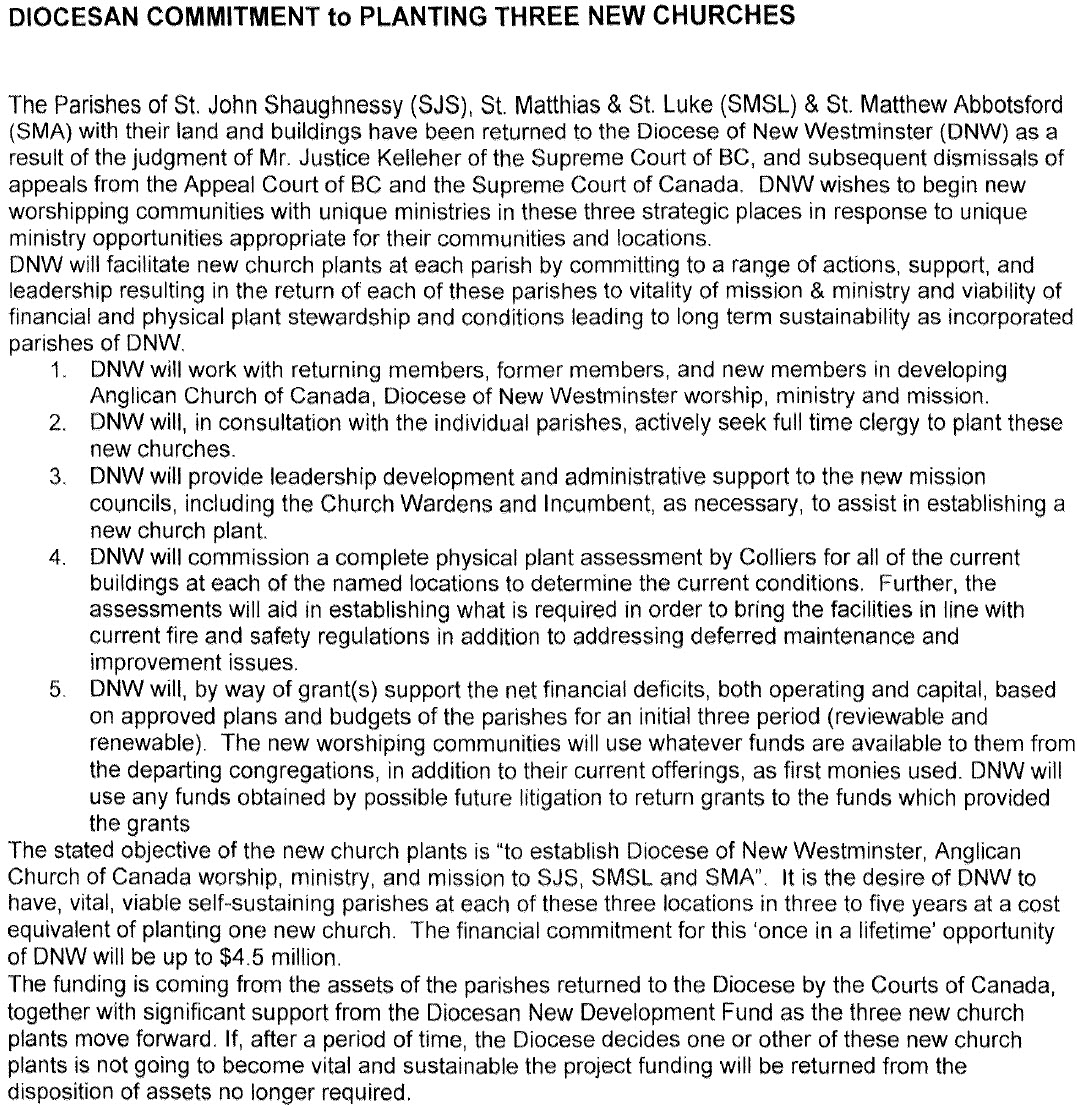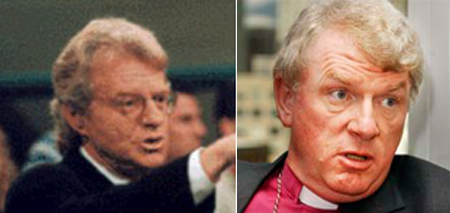Read it all here:
Bishop Michael Ingham announced today he will be retiring from his position on August 31st, 2013.
“The Diocese of New Westminster has been at the forefront of positive change in the Church for decades” he said. “From the ordination of women, to support for indigenous peoples, to the dignity of gay and lesbian Christians, to inter-faith dialogue – it has been a privilege to serve a Diocese living and growing at some of the leading edges of the Anglican Church of Canada.”
The “positive change in the Church” remark is something of a mystery. Michael Ingham, by being the first Anglican bishop to authorise same-sex blessings, was instrumental in the rupturing of the Anglican Communion, a change about as positive as a magnitude 7 earthquake.
In his letter of resignation, he notes:
In my almost twenty years in episcopal orders I – together with many others in this Diocese – have borne witness in the Anglican Church of Canada to important principles central to the Christian Gospel. Our witness of faith frequently encountered strong religious opposition. Strangely, the secular world has been more supportive.
To congratulate oneself on actions which were opposed by the majority of Anglicans and applauded by most secularists seems an odd boast for a retiring Anglican bishop; isn’t it supposed to be the other way around?
To affirm his standing in Vanity Fair, Michael Ingham has been awarded an honorary degree:
Michael Ingham, Bishop of the Diocese of New Westminster, is the first Bishop in the worldwide Anglican Communion to authorize the blessing of same-sex unions. The degree of Doctor of Laws, honoris causa, will be conferred on The Right Reverend Ingham on Friday, June 14 at the 2:30 pm ceremony.



